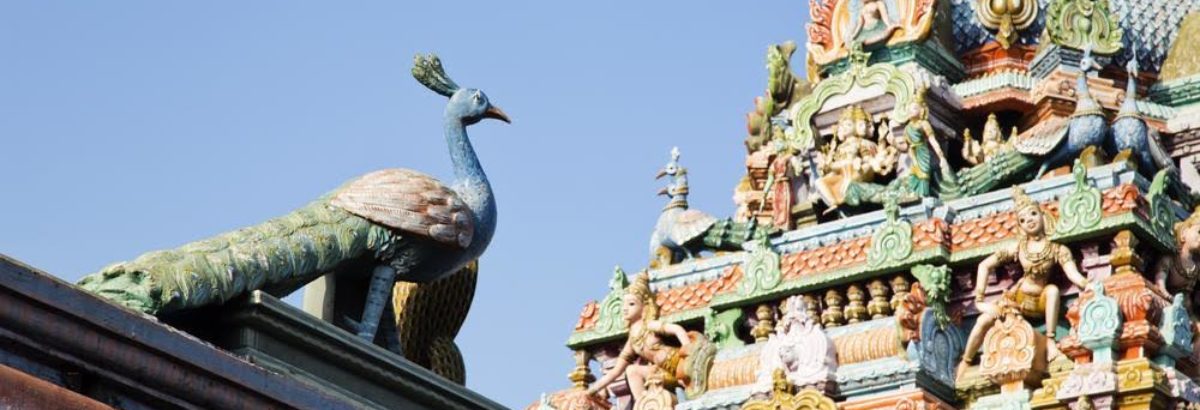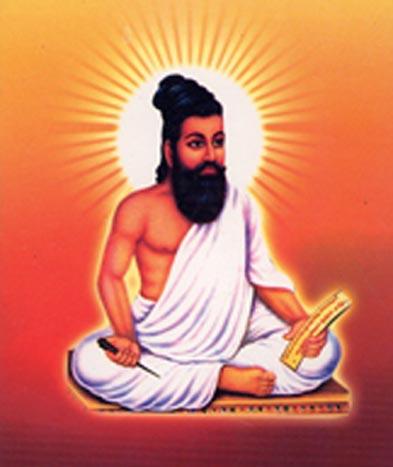This is followed by the Pancha Geetam
The Venu Gitam which precedes the above Vrata in X.21.7-19.
The Pranaya Gitam29.31-41 & X.30.5-34 before Rasalila.
The Gopika Gitam31.1-19 before Rasalila effacing their ego & leading to Rasalila
The Yugala Gitam35.2-25 after Rasalila during day time.
The Bramara Gitam47.12-21
Therefore, Krishna’s Rasalila with the Gopis takes place only after they have completely rid themselves of their sense of ego and self importance. Patanjali describes yoga as : citta vritti nirodaha, and what Krishna does in the Rasalila is calming the Gopis mind of Kama and Sushupti i.e. desire and sleep which are two modes of the mind which people without devotion and Sadhana cannot overcome. Thus, Krishna makes the Gopis yogis through the Rasalila.
1. Thus, we find that the Gopis did not have any noble lineage (Janma), they did not have any yogic prowess (Aishwarya), they did not have any knowledge (Sruti), they did not have any wealth (Shree), like Narada and others but yet, they attained the Lord within a short period of 11 years.III.2.26.. Sri Krishna Himself praises the Gopis in X.32:
“ 21. O Gopis! It was only to strengthen the longing for me in you, who have left your name, prospects and position in this world – left what the Vedas promise as reward in the hereafter for following their dictates, and left also your home and relatives for my sake – that I disappeared from your vision. It was only to serve you invisibly by hearing your prayer and seeing your actions. O dear ones! Do not make it a ground of complaint against me, who am all love for you.
- Even by service for countless divine years I cannot pay back to you anything equal to your glorious act of self-surrender, prompted by love untarnished by any blemish of selfishness and breaking the ever powerful chain of attachment for home and worldly concerns. As I cannot pay back the debt, may your generous act be its own reward.”
After the destruction of Kamsa at Mathura, Krishna sends Uddhava to comfort the Gopis. He is astounded at the Gopis devotion and says in X.47.:
- “These Gopis are indeed the only people who have attained the real purpose of a human birth in this world. For, in them is present that deep-rooted anguish of love (Mahabhava) for Govinda, the soul of all that exists. This attainment is the aspiration of us all – the liberation-seekers afraid of Samsara, the sages of spiritual attainment , and we devotees. We only aspire for it, but never attain it. Of what consequence is birth is high social ranks? It is only the intense feeling for the Infinite Being that matters.
- Where are these women, mere nomads of the forest, belonging to a promiscuous society? And where is this anguish of love (Mahabhava) for Krishna, the Supreme Spirit? It seems to be true that He bestows the Supreme God on one who resorts to Him wholly, in truth and in spirit, although he is without any understanding of Him based on learning. Like a medicine, taken knowingly or unknowingly, love of God does produce its result irrespective of one’s learning or social status.
- Neither the lotus-perfumed beauties of heaven nor even Sri Devi, who is always engrossed in His love and service, ever got that degree of His grace which was the lot of these beauties of Vraja, who had the great blessing of being clasped by the neck by Him in the Rasa Dance, and being conferred the highest fulfillment of their life.
- May I be born even as a bower or creeper or blasé of grass in blessed Vrindavana (pullai piravi thara venum – Utthukadu Venkatasubbayar) where I shall be covered with the dust of the feet of these Gopis who abandoned the unbreakable bondage of love of their own near and dear ones and of adherence to the paths of virtue approved by society, and preferred to follow the way of Divine service, which remains only as an aspiration and a quest even for the Vedas and its followers.
- those feet of Bhagavan Krishna which are worshipped in their hearts by Sri Devi and by Brahma and great Yogis who have no desire yet to be fulfilled – those very feet of the Bhagavan were in the Rasa-meet applied to their breasts and embraced by these Gopis who had thereby all their sufferings assuaged.
- I salute again and again even the dust of the feet of the women of Nanda’s cowherd settlement, whose loud praise of Hari’s glories in songs in purifying all the three worlds.”

2. The Gopis thus clearly illustrate the saying in I.3.38 :
- “It is only the man who is without duplicity and who serves the Lord of limitless might continuously in love and submission (bhajeta tatpaadasarojagandham), that comes to realize Him in truth and in reality.”
And Narada’s upadesa to Veda Vyasa in I.6.22 :
- “Great men have established that the supreme, imperishable consummation of all spiritual disciplines – be it austerities, scriptural study, sacrifices, Japa, gifts or discrimination – consists in the development of keen interest in contemplation and exposition of the glories and attributes of the most Exalted Being.” (Yad uttamasloka guna anuvarnanam)
- On the eve of the Krishna avatara, Brahma commands all the devas to be born on earth to be His helpers X.1.22.. The devas are born as Yadus with desire for enjoyment and so did not realize the divinity of Krishna even though in constant association with Him. The Yadus took Krishna for granted to gain Janma, Aishwarya, Sruti and Shree that only made them arrogant and a burden to the earth. In view of their minds being addicted to enjoyment and being votaries of pleasure and power, wisdom could not be generated in them (Bhagavat Gita II.44) and so they were destroyed by Sri Krishna Himself. The Pandavas were also devas who incarnated in Hastinapura. They realized Krishna’s divinity and associated themselves with Him for material gain of their paternal kingdom and to rule the earth by performance of the Rajasuya Sacrifice. They therefore had to suffer very much, witness hell and then go to heaven without liberation. But Drona, the leader of the Vasus, and his wife Dhara, who were asked by Brahma to be born on earth as cowherds maintaining cattle, prayed X.8.49 :
- “May we have, in our embodiment on earth, that kind of supreme devotion to Sri Hari, the Lord of all, by means of which people easily overcome this misery of Samsara!”
And they became Jivanmuktas.
Therefore, the lesson to be learnt from Sahitya is that Manobhava with which actions are done is what determines the result of the actions. The devas with a preponderance of sattva guna met with diverse ends based on their Manobhava. In kaliyuga, the Upasana is His Kirtana without desires or eshanas for progeny, wealth and fame besides position or power. That is why, all the Bhaktas incarnate as Vaggeyakaras and Saints and sing the glory of the Lord for Haritoshanam or His pleasure and not for any personal benefit. Readers may refer to MahaBhakta Vijayam for further details.
20.It is therefore my humble supplication to all students, performing artists
and lovers of music to approach the subject with the following sankalpa :
Haritoshana preeti siddhyartham sangeetham samarpayam

so that the Lord is pleased with them as He was with the Gopis to receive His grace and not suffer like Narada for over a thousand years with the entry of personal gain and glory in his heart as a performing artist. It is my prayer that all Schools of Indian Classical Music include the Pancha Gitam of the Gopis in their syallabus for the spiritual upliftment of all students.
- DR. V.MEENAKSHI JAYAKUMAR









